Foreign Minister Abbas Araghchi seeks a fair agreement
The Iran-US indirect talks have taken place. Round One was a warm-up, not to take away from how important an indirect meeting that was, after all, no indirect meeting at all could have meant a march towards conflict or war between the two countries, which the US has said would involve Israel.
For now, the US has prioritized strategic de-escalation in the face of Iran's display of its military might.
Addressing the talks, Ayatollah Seyyed Ali Khamenei, Leader of the Islamic Republic of Iran, said: "the indirect talks between Iran and the United States were one of the dozens of tasks of the Ministry of Foreign Affairs that had been implemented well in the initial steps. But the Islamic Republic is very skeptical of the other side", which explains why Iran is neither overly optimistic not overly pessimistic about these discussions.
The Iranian foreign ministry, meanwhile, has said Iran is seeking a fair agreement with the USA.
Iran's foreign minister, Abbas Araghchi, said that 'Iran's intention is to reach a fair and honorable agreement on an equal footing, that a compromise could be reached if the other side adopts the same position.
But there are many compromises listed here that cross Iran's red line, like the Iranian ballistic missile program or support for resistance groups.
One of the most outrageous demands of the US is the dismantling of Iran's civilian nuclear program altogether, although Trump's envoy Steve Witkoff has reversed course repeatedly on that from backing away from Iran's nuclear disarmament to being okay with low level enrichment up to 3.67%.
Iran has stressed that its key priority is the lifting of the illegal sanctions.
The US lifted some of the sanction as per the Joint Comprehensive Plan of Action, the JCPOA, an historical 2015 nuclear agreement between Iran and the world powers.
Washington, however, returned the bans three years after the conclusion of the deal, and even began piling up more coercive measures on the Islamic Republic.
On July 12, 2017 the national security and foreign policy committee of the Iranian parliament published a report accusing the US of intimidating major foreign financial institution from doing business with Iran.
In particular the return of foreign banks, even though the JCPOA clearly calls for sanction relief, unfortunately, the P5+1 countries did not implement the given promises in the agreement.
Going into round two of the indirect talks, the Iranian foreign minister has said that the Islamic Republic of Iran and the US have moved closer to establishing a basis for negotiations.
This means that this round will aim at creating a structured agenda for the negotiations based on a timeline, a framework, to see how far this process can advance, and what will signal that the talks are halfway there.
The US president appears to be in a rush, however, hoping that a decision on Iran will be made soon, saying: "we will be making a decision on Iran very quickly".
But as they say, it's not over until the fat lady sings.
Meanwhile, the IAEA Director General, Rafael Grossi, has visited Iran and met with the Iranian Foreign Minister, Abbas Araghchi.
The Iranian FM has said that the IAEA can play a crucial role and Iran trusts the agency to stay away from politics and retain focus on its technical mandate.
Grossi has said diplomacy is urgently needed. He also said, prior to arriving in Tehran, that 'Without us, any agreement on Iran is just a piece of paper'
WHO: Over 1,000 Palestinians died awaiting medical evacuation from Gaza
US university fires Iranian professor over support for Iran, Palestine
VIDEO | Anti-Trump activists deliver ‘people’s indictment’ at White House
EU’s tampering with Russian assets is ‘theft’ no matter how it’s framed: Moscow
Israeli army kills Palestinian teen during northern West Bank raid
VIDEO | Two killed, nine wounded in mass shooting at Brown University
VIDEO | Germany considers Tunisia for migrant 'return center' plans
VIDEO | UK protesters show solidarity with Palestinians at Christmas


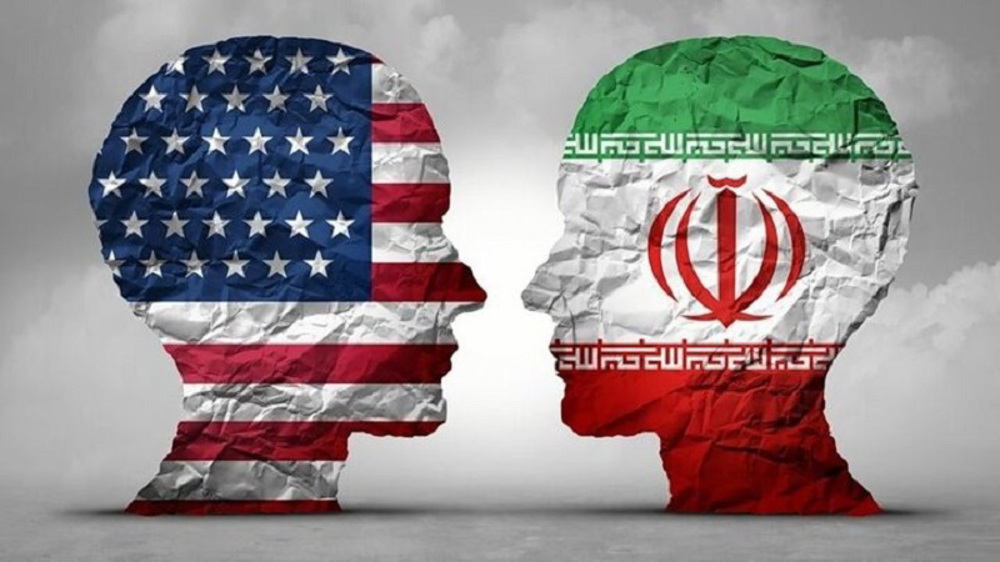
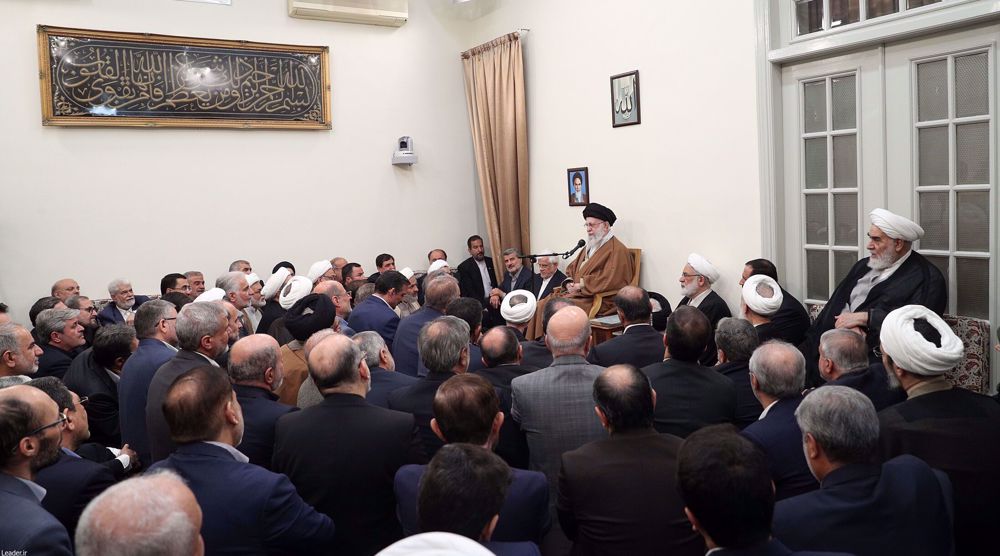
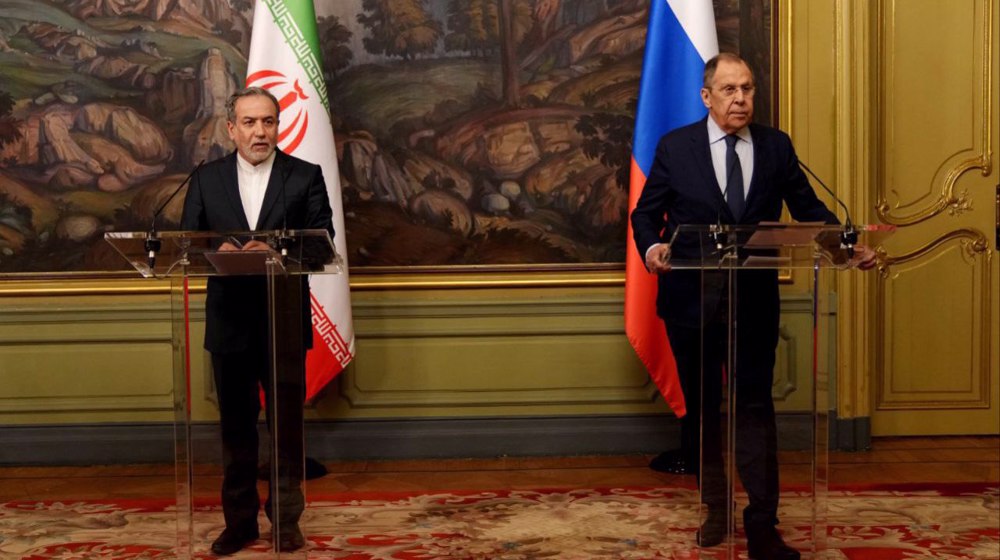
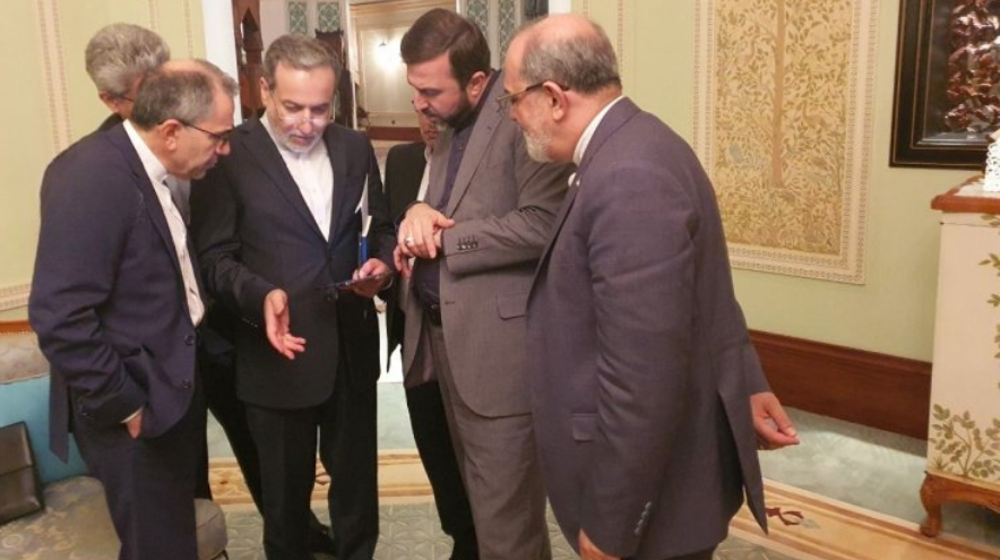
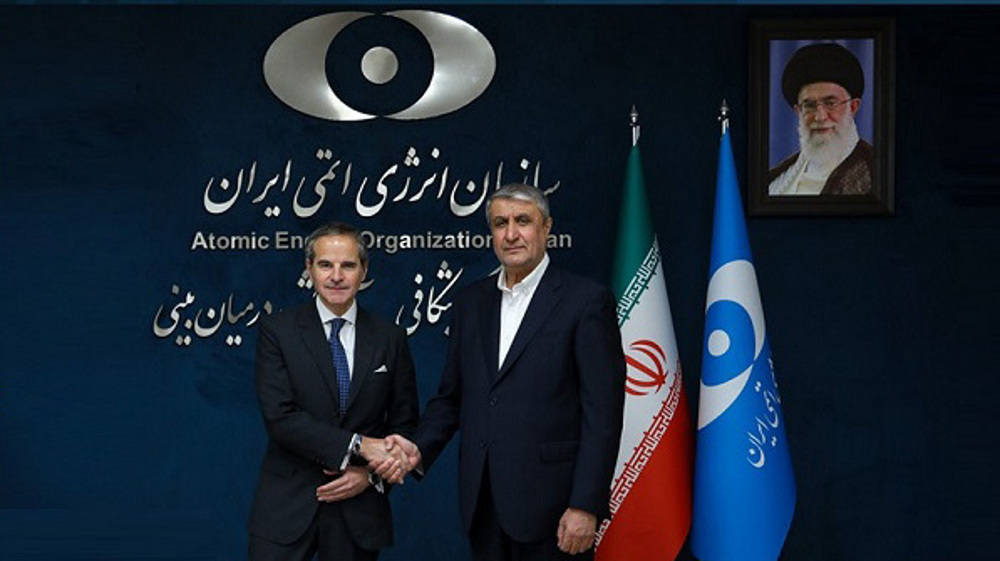
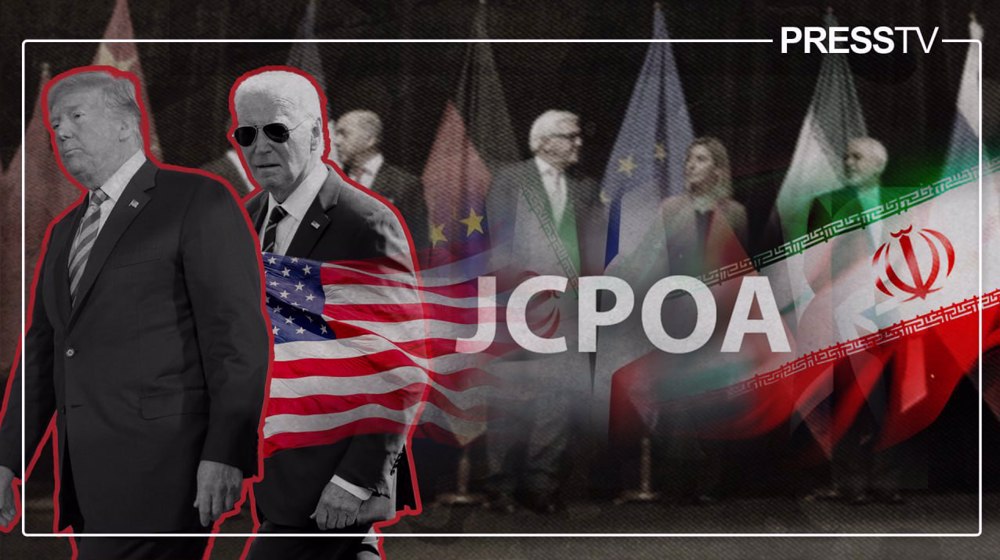

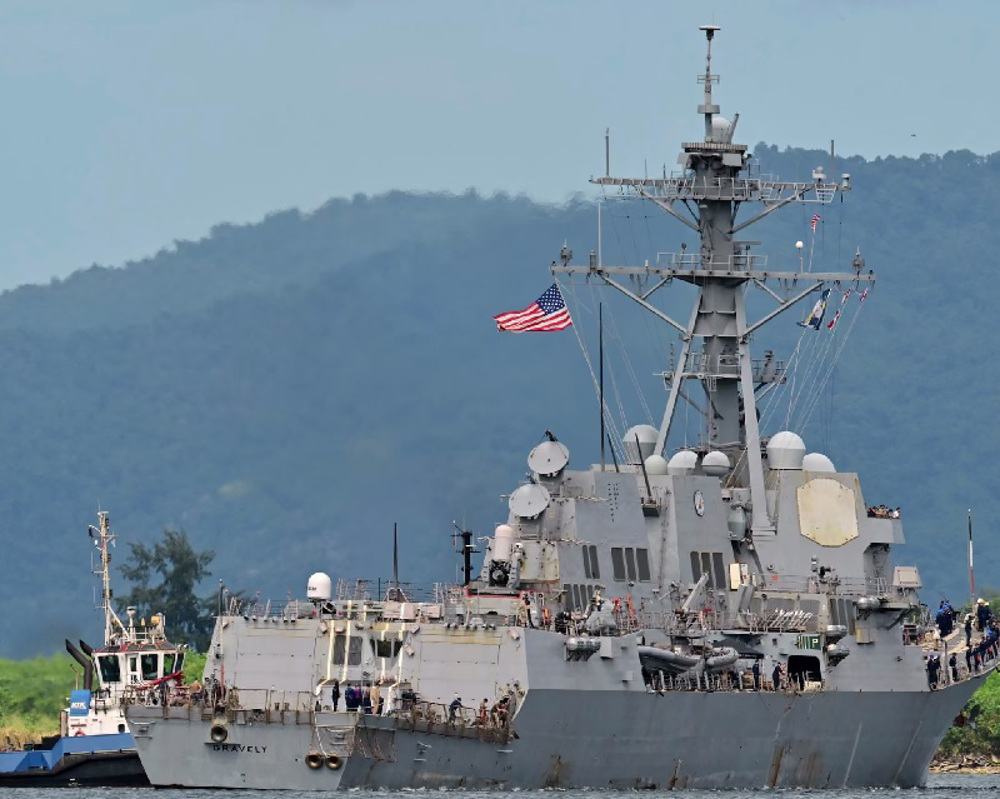
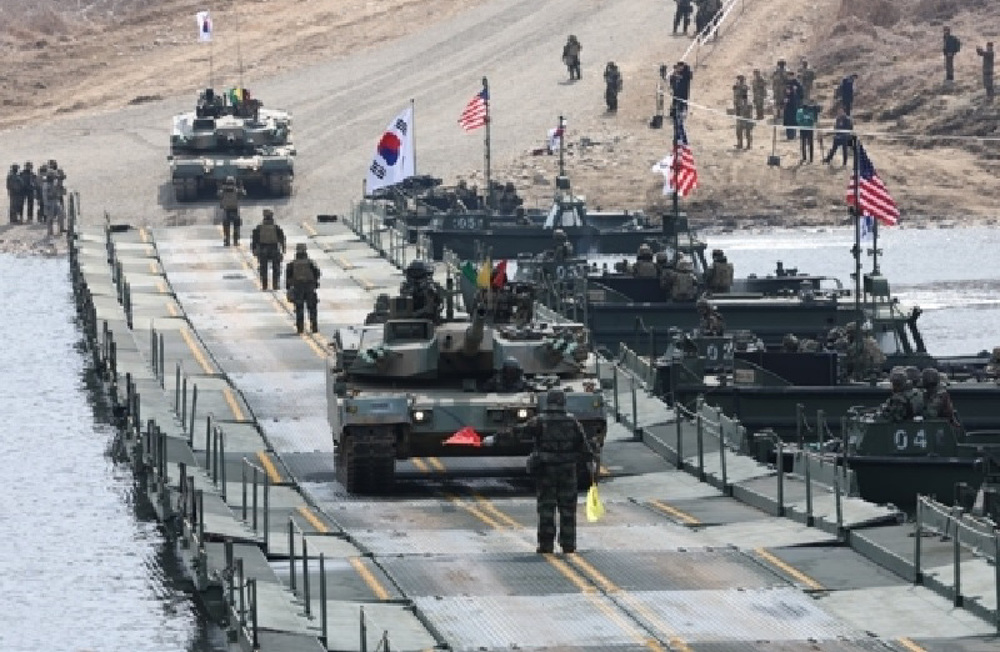



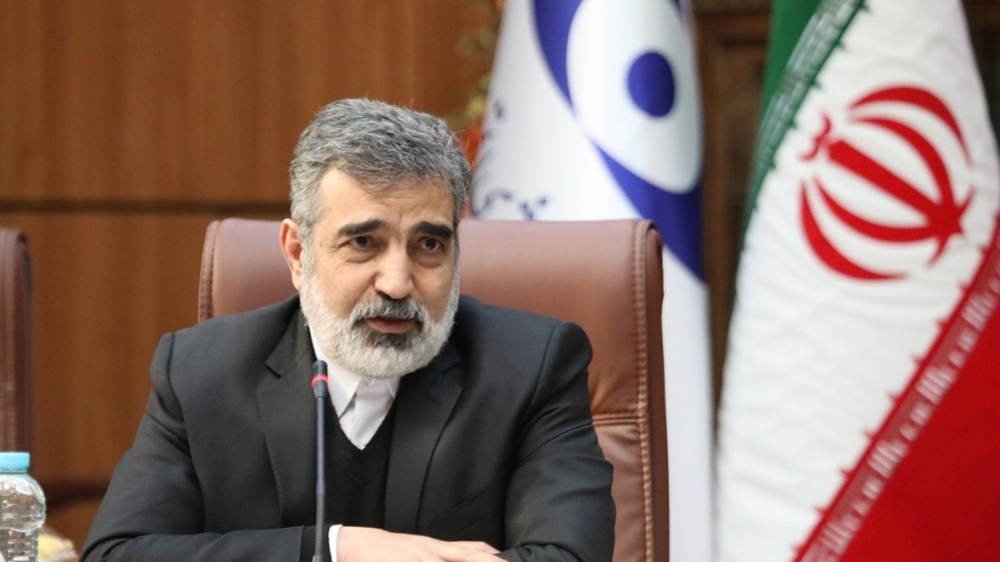
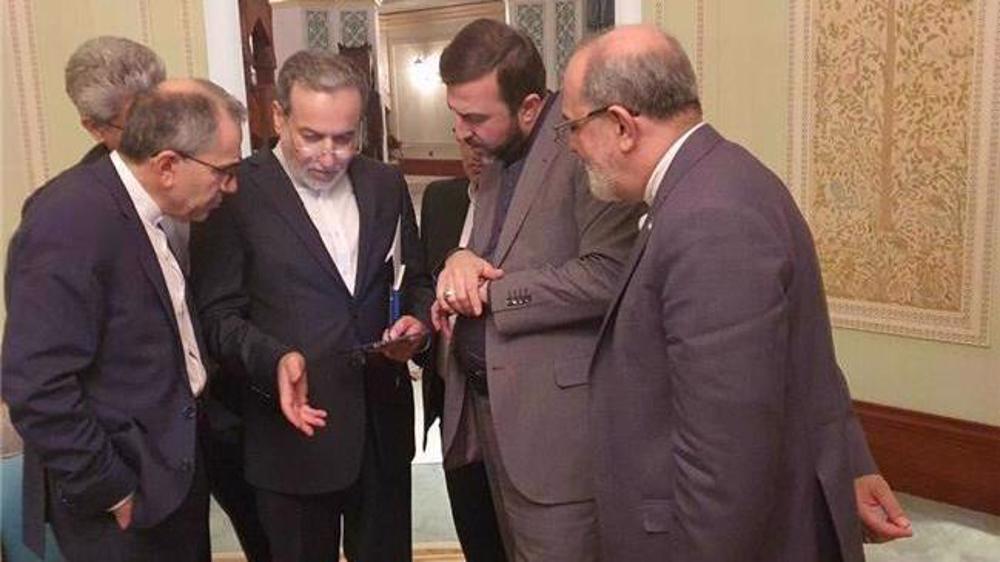
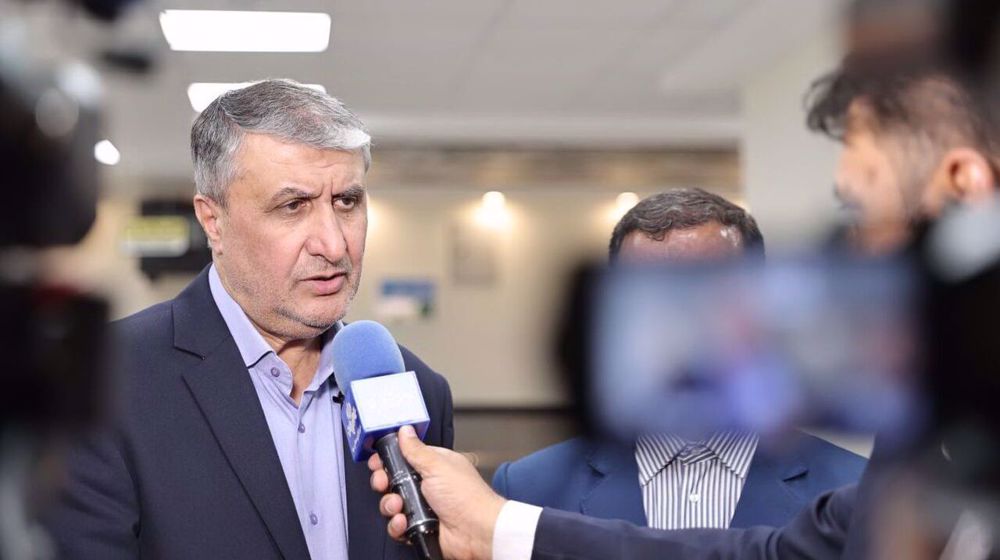
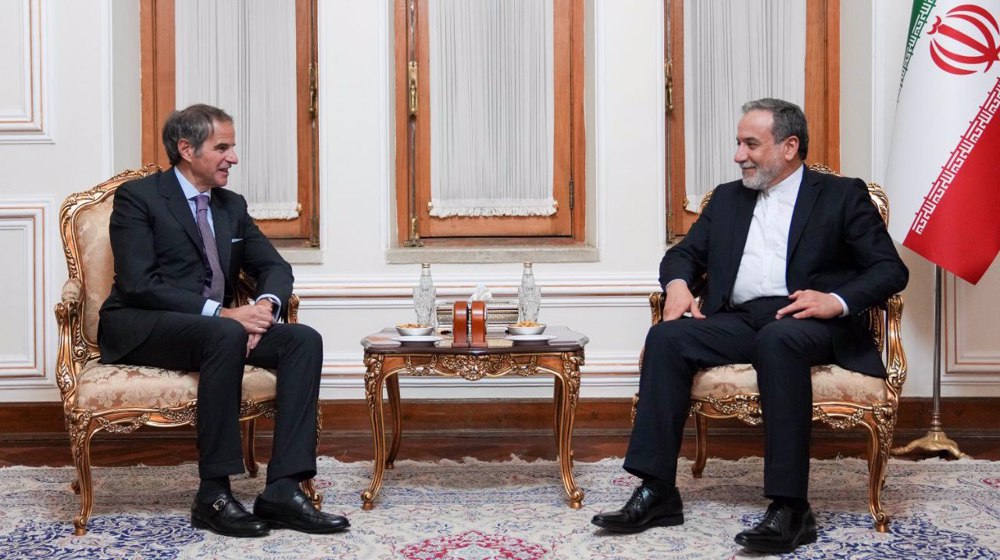
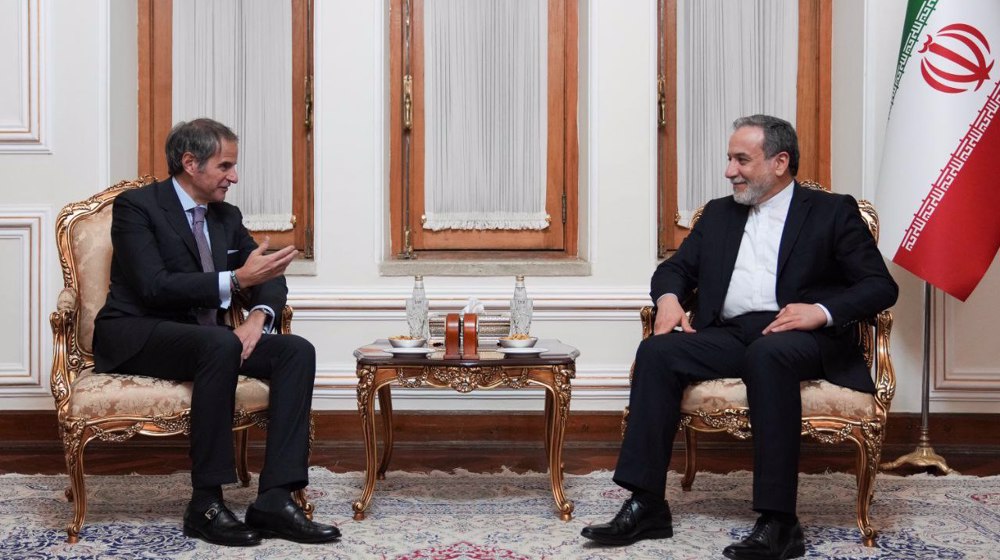
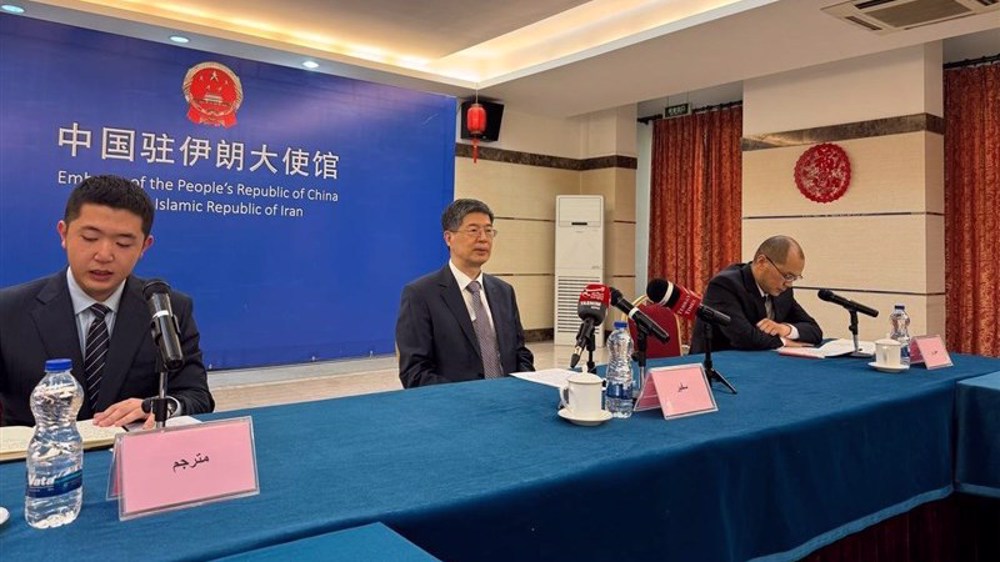
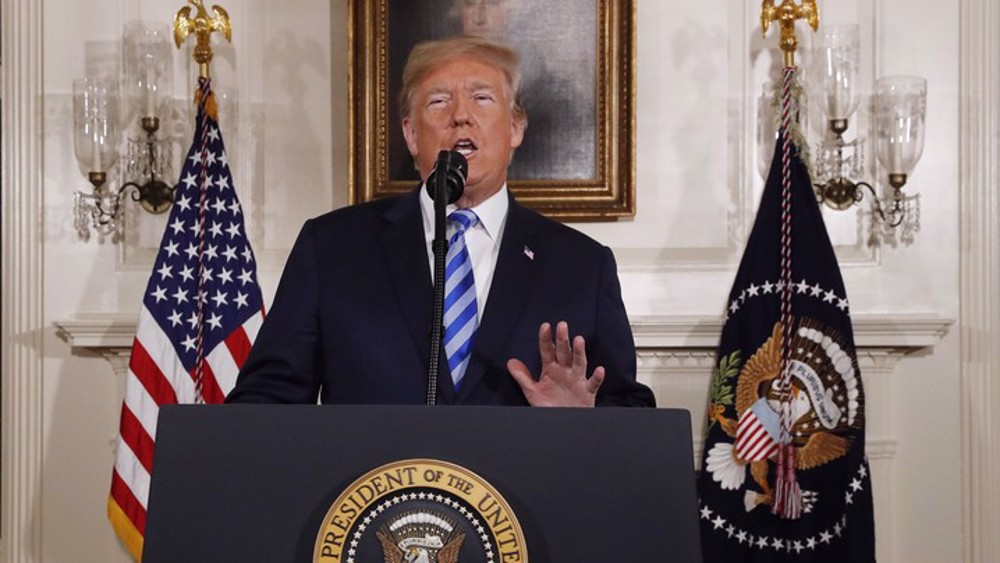

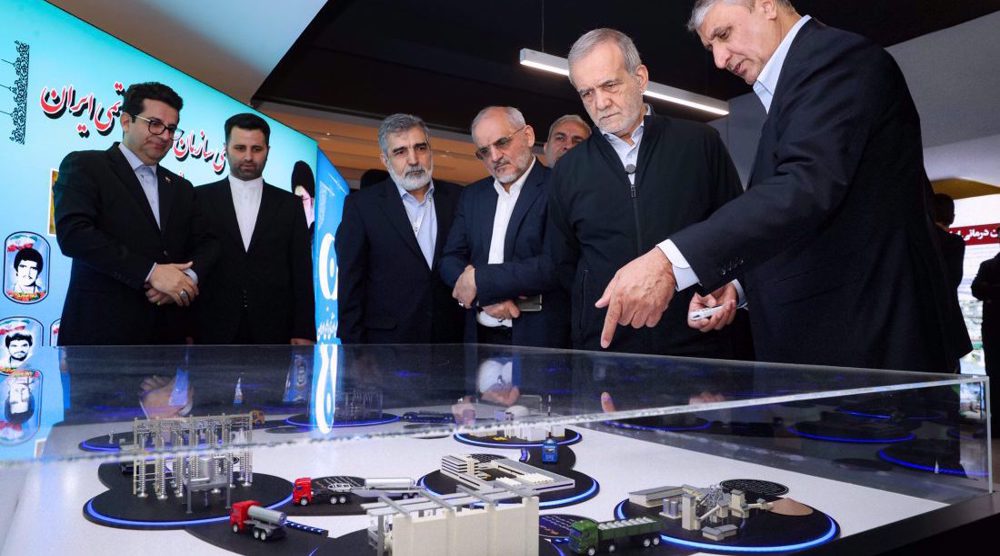

 This makes it easy to access the Press TV website
This makes it easy to access the Press TV website